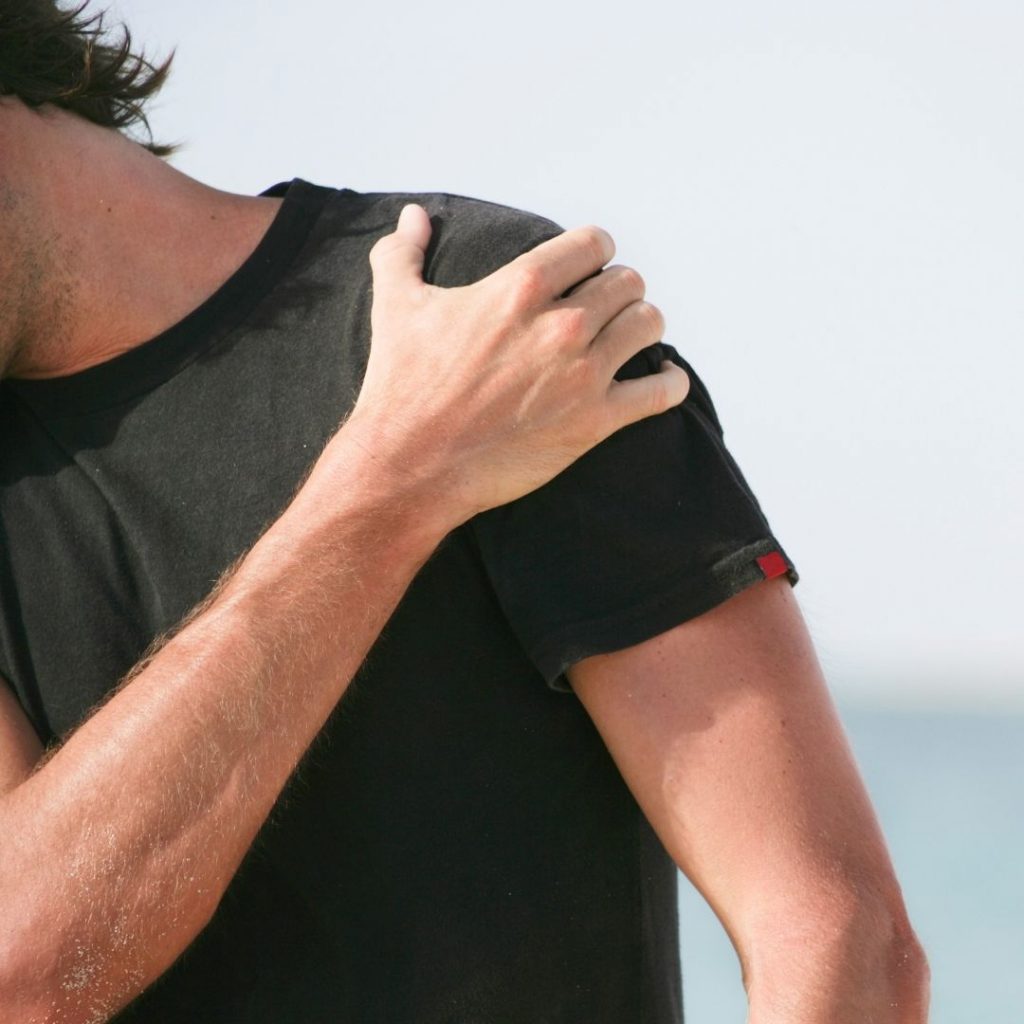What Is Dead Arm Syndrome?
Dead arm syndrome refers to pain experienced during a throwing motion that results in decreased velocity. It can also refer to pain experienced by overhand athletes. This injury usually involves the rotator cuff tendons or the labrum. Your rotator cuff is a group of four muscles. The most commonly injured one is the supraspinatus tendon. The labrum is a cartilaginous structure that surrounds the shoulder socket, and it functions as a bumper to prevent the shoulder from dislocating. Dead arm syndrome can often have several causes. This may include the player compensating for existing problems to reduce the discomfort that develops in the shoulders and repetitive small tears caused by years of throwing.
While performing the throwing motion, the shoulder joint experiences extreme forces. The labrum and rotator cuff work hard to stabilize the arm and dissipate the generated forces. An injury to either structure makes it difficult to throw or serve.
Patients that suffer from this injury may complain of a decreased velocity when throwing or serving, reduced control, inability to warm up, or pain when throwing or hitting. Strains are not as severe as tears. Treatment initially involves rest and physical therapy. However, if a patient does not respond to conservative treatments, surgery is a viable option. This surgery is performed arthroscopically on an outpatient basis. In the case of a torn labrum, the labrum is repaired arthroscopically.
What Causes Dead Arm Syndrome?
Whether you are a professional athlete or you just play for fun, we know that to do your best, you might have to endure quite a bit of intense training. It is important to remember that while training is important, you should also make sure that you are not taking it too far, as this may be an easy road toward injury for some athletes who may be required to utilize their arms frequently, such as baseball pitchers. Overutilization of the arm and shoulders can result in dead arm syndrome. If you are seeking dead arm syndrome treatment in Nassau County, you have come across the right article. Our doctors at Dines Orthopedics are at your aid and looking forward to helping you recover as soon as possible. Just keep reading to learn more about the condition and what you can do.
What Are Symptoms of Dead arm syndrome?
Dead arm syndrome, also known as dead shoulder, is a condition that plagues many athletes who have to rely a lot on shoulder movements. It is caused by repeated movements that may place increased stress on the joints and ligaments in the shoulder. Some of the symptoms of dead arm syndrome include:
- Decreased mobility in the shoulders
- Decreased strength output while performing shoulder dominated activities
- Fatigue in the arm
- Stiffness, numbness, and tingling in and around the affected shoulder
- As well as reduced coordination and control in the affected shoulder

Who is most likely to be affected by dead arm syndrome?
This condition usually does not occur in most individuals as usual movement and activities in the shoulder do not cause this. This condition, however, is much more prevalent in athletes who must frequently utilize their shoulder muscles and repeatedly perform overhead movements such as throwing. Individuals who may have a higher risk may include:
- Baseball players such as pitchers
- Volleyball players
- Water polo players
- Tennis players
- Manual laborers
If you are looking for dead arm syndrome treatment in Nassau county, Our doctors at Dines Orthopedics think they can help you with your condition.
How To Help Dead Arm Syndrome?
Dead arm syndrome is like many other injuries. Making sure that you monitor your physical health is an extremely effective way to prevent this from happening. Prevention of this condition may include actions such as:
- Rest– making sure to rest your arms and shoulder and reducing your activity whenever you feel pain in the affected area could allow your body just enough time to heal.
- Ice– applying ice to the injured area can reduce pain and swelling and result in a faster recovery.
- Take anti-inflammatory drugs– it may be beneficial to take ibuprofen as it will reduce pain and swelling.
- Physical therapy– Make sure to consult a physical therapist when you feel better so that you can learn exercises to help strengthen your shoulder and increase mobility. It is also important to consult them before returning to your usual regiment to make sure that your shoulder is fully healed.
- Surgery– If the injury is severe, it may be required for you to undergo surgery, and they can repair the damaged tendons and ligaments in the shoulder.
- Remember that it will be beneficial for you, if you are injured, to find dead arm syndrome treatment in Nassau County or our New York office. The longer the injury goes untreated, the worse the possible outcome.
Contact Us For Dead Arm Syndrome Treatment in Nassau County
If you are looking for dead arm syndrome treatment in Nassau County, you can come to the right place. Our doctors at Dines Orthopedics are here to assist you, and we believe we are the right doctors to help you on your path to recovery. Contact our website to learn more about what you can do!
About Dines Orthopedics
David Dines, MD & Joshua Dines, MD provide a broad range of Orthopedic Sports Medicine services. Both are attending surgeons at Hospital for Special Surgery (HSS) in New York City. Contact the experts for Dead arm syndrome treatment in Nassau County.
David Dines, MD, has built his practice based on decades of clinical experience and research focusing on the shoulder and related injuries. He is the Medical Director for the ATP World Tennis Tour and has operated on thousands of shoulders throughout his career while publishing many of the most important research articles and textbooks on shoulder surgery.
Joshua Dines, MD provides a full range of Sports Medicine services, including surgical and non-surgical treatments for injuries to the shoulder, knee, and elbow. He works with the NY Mets and NY Rangers as well as college athletes, high-school athletes, weekend warriors, and those patients just looking to get back to performing their everyday activities without pain. Together, Dines Orthopedics offers offices in two convenient locations in New York City at Hospital for Special Surgery and in Uniondale Long Island, offering their patients surgical and non-surgical options in both locations.

